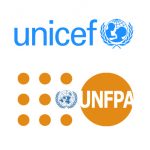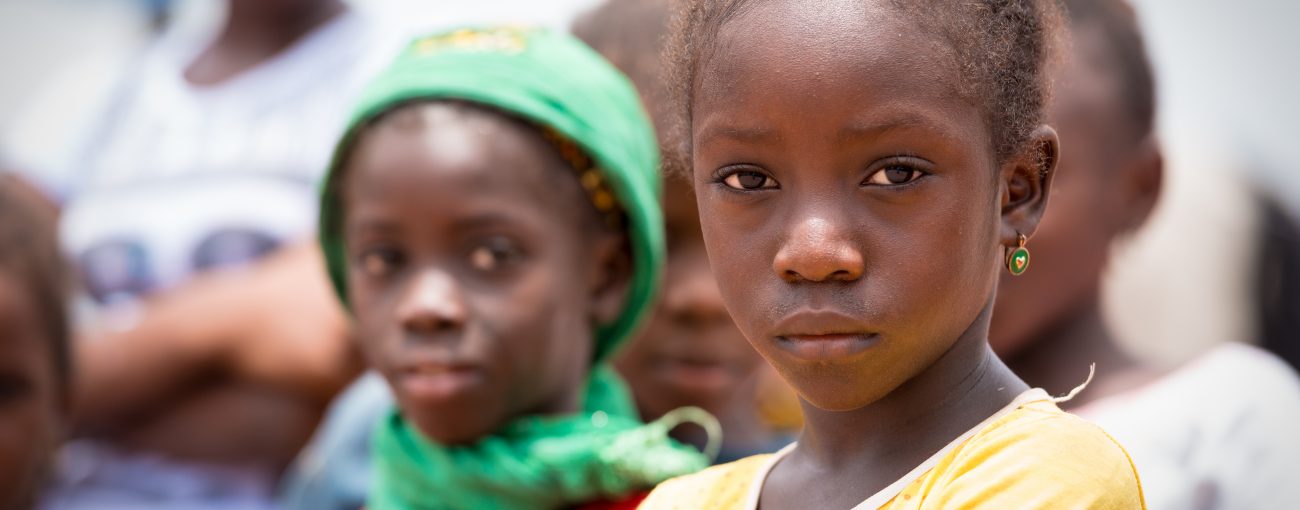How is FGM/C ending?
Orchid Project is catalysing an end to female genital mutilation/cutting (FGM/C) by building a knowledge base through research, strengthening the capacity of trailblazing grassroots organisations around the world, and sharing knowledge and best practice to accelerate change. We also advocate among governments and global leaders to ensure work to end FGM/C is prioritised.
One of the most effective ways to support sustainable abandonment of FGM/C is through non-judgemental, human rights-led approaches, allowing communities to choose to end the practice.
Empowering communities to end FGM/C
FGM/C is a deep-rooted social norm which is held in place by an entire community. Parents have their daughters cut because they believe it is the right thing to do to ensure their future, and because it is an expectation of the community. It is difficult for individual families to break with this tradition on their own, as they may risk their daughters becoming ostracised.
Change can be, and is being, achieved when communities come together to share their experiences of FGM/C, breaking the silence that often surrounds the practice. Locally-owned processes are helping communities worldwide to recognise that the practice is harmful.
Through these discussions, communities are accessing information about human rights and embracing their responsibility as community members to uphold them. And, as cutting is a discriminatory practice, long-term change is most often achieved where there is a particular focus on empowering women and girls.
The important role of religious and community leaders
Community and religious leaders often play a critical part in bringing an end to FGM/C in their communities, because of misconceptions that the practice is a religious requirement. As respected community members, religious leaders have the access, power and influence to change social norms. Effective programmes often see these leaders facilitating community dialogue and learning sessions, providing guidance, and playing a key role in public declarations of abandonment.
One community to another
When a community publicly abandons the practice they are not only declaring this to themselves, but also to others. This helps pave the way for other communities – especially those with which they regularly intermarry – to do the same.
Our social norms approach aligns with the work of the United Nations and the ‘UNICEF 6 elements for FGM/C abandonment‘
Orchid Project promotes the UNICEF 6 elements for FGM/C abandonment as a framework for best practice that can be adapted within different local contexts.
UNFPA-UNICEF programme
 Since 2008, the United Nations Population Fund (UNFPA) and the United Nations Children’s Fund (UNICEF) have together led the largest global programme to end FGC. This work focuses on the 17 countries where FGC prevalence rates are the highest in the world. This programme has found that countries such as Senegal, the Gambia, Guinea, Burkina Faso, Kenya, Ethiopia, and Mali are at the forefront of this movement for change.
Since 2008, the United Nations Population Fund (UNFPA) and the United Nations Children’s Fund (UNICEF) have together led the largest global programme to end FGC. This work focuses on the 17 countries where FGC prevalence rates are the highest in the world. This programme has found that countries such as Senegal, the Gambia, Guinea, Burkina Faso, Kenya, Ethiopia, and Mali are at the forefront of this movement for change.
 68 million
68 million
girls at risk between
2015 and 2030
 24,000+
24,000+
communities have declared
an end to FGC
FGC is ending
We are at a pivotal moment. Change is happening, with more than 24,000 communities having declared abandonment of FGM/C worldwide. While we are making progress, with girls now one-third less likely to be cut than they were 30 years ago, there is a growing number of girls at risk of FGM/C. UNICEF predicts that, despite falling rates of FGM/C in many countries, population growth means that up to 68 million more girls could be cut between 2015 and 2030 if efforts are not accelerated.
The international community’s goal is to bring an end to FGM/C by 2030. We believe this is achievable – by supporting communities to choose their own futures, by building wider awareness of the issue, its scale and impact, and by sharing experiences of how people working at the grassroots are affecting change.

